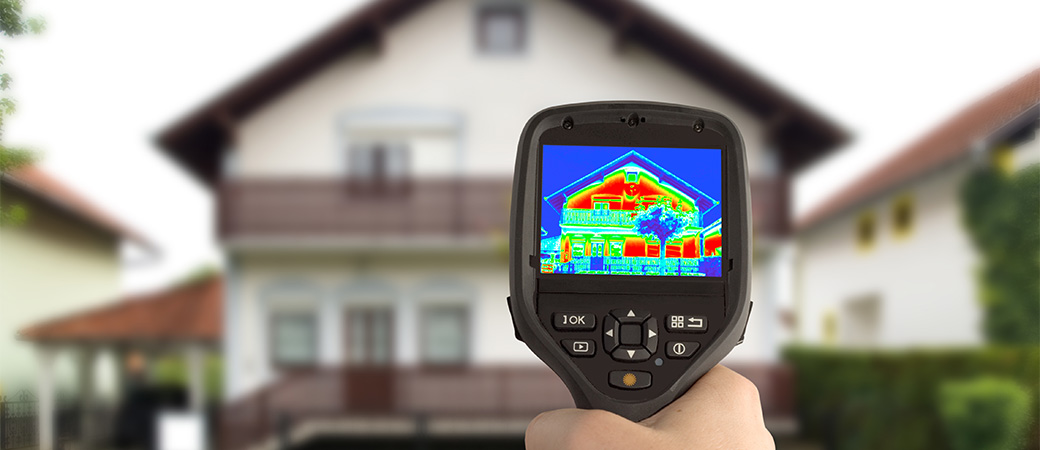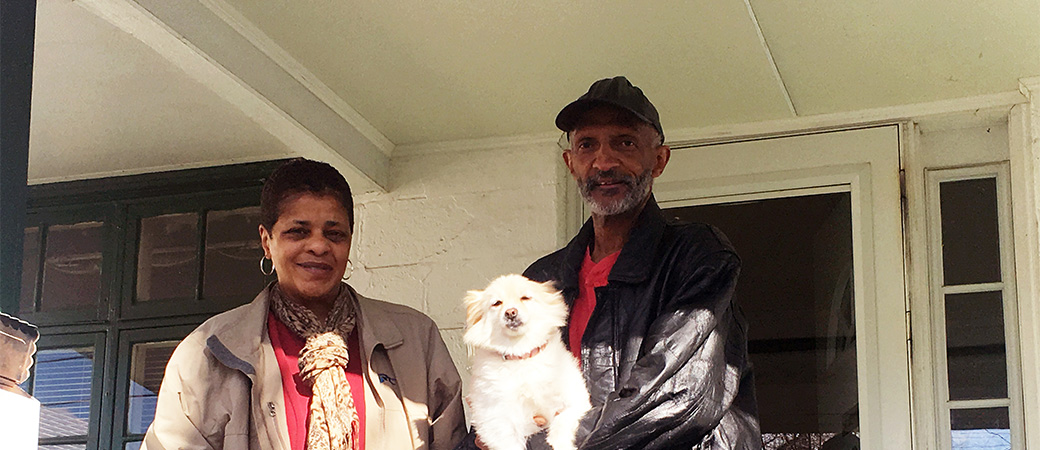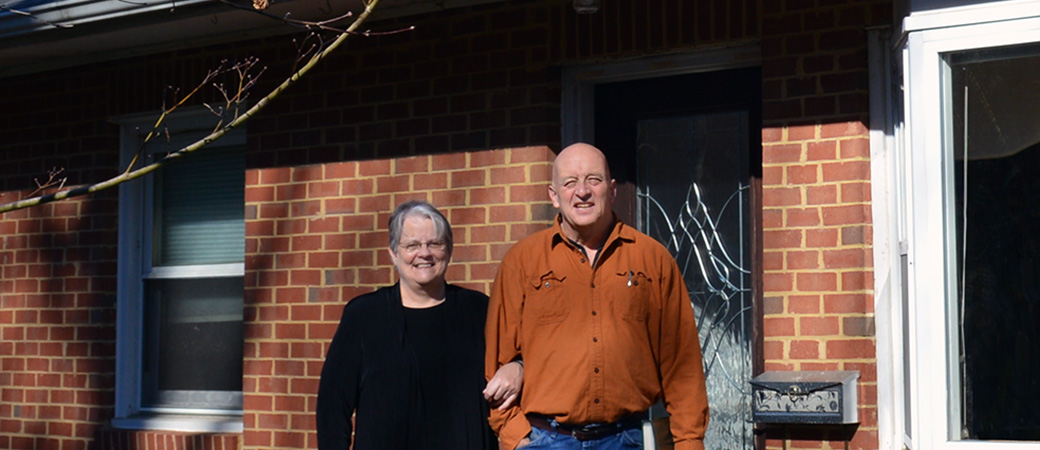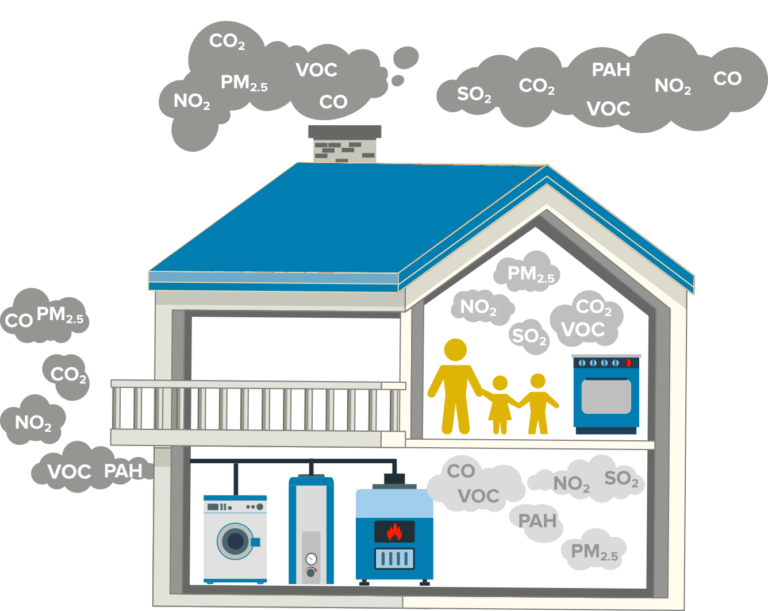The topic of natural gas versus electric home appliances is often debated, but when discussed among staff at LEAP, electric is the winner – hands down. After a few notable incidents just in the last month, LEAP Home Energy Analyst Ross Wood breaks down the risks and how LEAP works to detect and prevent dangerous situations for our clients.
Natural gas is used for a variety of purposes in residential homes; to heat water, air, and for cooking. While effective for heating water, air, and food, there are many health hazards associated with natural gas, such as carbon monoxide and gas leaks that can go undetected. Gas leaks are many times left unaddressed for extended periods of time, due to occupants either not being aware of the signs associated with gas leaks or if the gas lines/appliances are located in minimally used parts of the house where signs would go unnoticed.
One area of focus for LEAP’s staff when assessing a home is safety – when you support LEAP, you enable us to perform these safety checks and facilitate fixing problems before they get too dangerous. For example, just within the past month I have performed assessments for two homeowners where elevated levels of natural gas were present. The first was a single-family home, the second an apartment. Both assessments revealed natural gas reaching levels between 5% and 15% of its lower explosive limit (LEL). This means that if an ignition source was introduced (arc, pilot light, hot surface ignitor, etc.) an explosion was possible. Some additional health risks associated with natural gas appliances include carbon monoxide poisoning, exposure to elevated methane levels, and reduced indoor air quality.
These leaks were detected with a gas detector. One leak was verified with a bubble solution – if gas is escaping from the pipe, bubbles will form, indicating a leak where tested. If a leak is suspected, the gas company should be notified and will most likely want to verify the leak themselves. They will then provide the best course of action. In the above examples, the gas company repaired the leak by replacing the main gas lines.
To help bypass the aforementioned risks associated with natural gas, converting to all electric would certainly be the best solution. Residential natural gas use is not necessary when there are electric alternatives such as heat pumps, heat pump water heaters, and electric stoves. The safety and health risks associated with natural gas in homes do not outweigh its benefits. Electric is the cleaner and healthier option.






